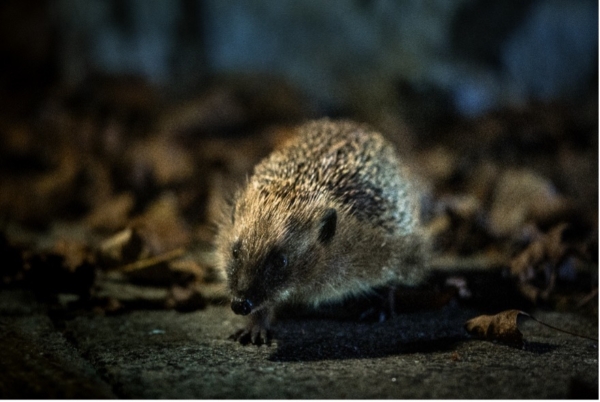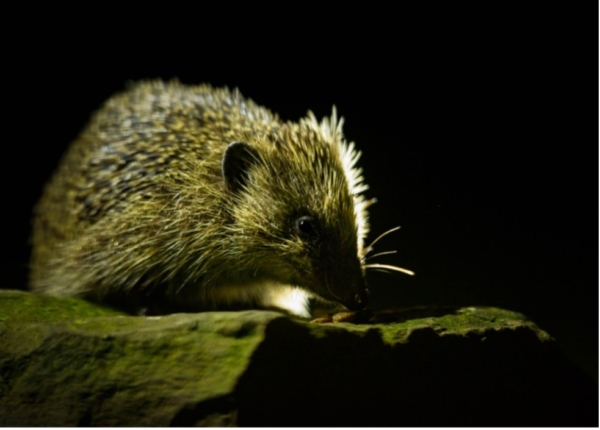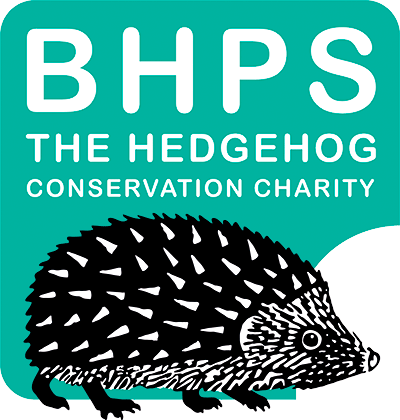Britain’s first National Hedgehog Conservation Strategy has been published by The British Hedgehog Preservation Society (BHPS) and the People’s Trust for Endangered Species (PTES)
The strategy has been created in response to trends highlighted in the State of Britain’s Hedgehogs 2022 report, which revealed that British hedgehogs have declined by between 30-75% in rural areas since 2000. To tackle this ongoing decline, we have worked collaboratively with over 30 stakeholders to create a topline, national strategy that can guide the change that’s desperately needed. Stakeholders include leading conservation NGOs, academics, educational institutions, hedgehog rehabilitators and organisations within the transport and farming sectors,
Click below to read the summary, or the full report can be found here…

Addressing key threats
The process to develop the National Hedgehog Conservation Strategy brought together experts to identify key threats listed below, and how to overcome them.
- Decrease in availability and distribution of natural food and associated habitat
- Increased vehicle collisions
- Unintentional mortality and stress due to human intervention
- Accidental death and misadventure
- Toxin accumulation
- Genetic isolation
The strategy will evolve as new research findings become available and will act as a framework and reference point for all actions relating to hedgehogs in Britain. It also complements the National Hedgehog Monitoring Programme, launched earlier this year by BHPS and PTES, which will provide invaluable data on population changes at a local and national level.

The strategy has been designed for conservation NGOs, local councils, farmers, land managers and Government. It highlights the factors causing a decline in native hedgehog populations which urgently need addressing over the coming decade in order to halt the decline and restore numbers in rural and urban Britain. It was developed through a collaborative process facilitated by the Conservation Planning Specialist Group (CPSG) of the International Union for Conservation of Nature’s Species Survival Commission. The CPSG has supported governments, NGOs, and civil society groups worldwide for more than 40 years, designing and facilitating strategies to recover threatened species.
Acknowledgements
Thank you to the stakeholders who helped develop the strategy:
The British Veterinary Zoological Society (BVZS), British Wildlife Rehabilitation Council (BWRC), Forestry Commission England, Game and Wildlife Conservation Trust (GWCT), Gower Bird Hospital, Hartpury University, Hedgehog Friendly Campus, idverde, Institute of Zoology, Institute of Zoology – Garden Wildlife Health project, IUCN SSC CPSG, Joint Nature Conservation Committee, Mammal Society, National Farmers’ Union, National Highways, Natural England, Natural Resources Wales, Nature Friendly Farming Network, NatureScot, Network Rail, Nottingham Trent University, Royal Horticultural Society, Royal Society for the Protection of Birds (RSPB), Royal Zoological Society of Scotland, Suffolk Wildlife Trust, Taylor Wimpey, University of Cambridge/ Conservation Evidence, University of Oxford Wildlife Conservation Research Unit and Aalborg University (Denmark).








